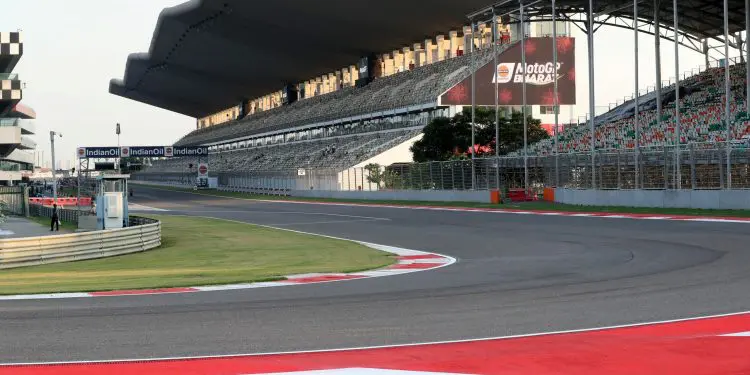The MotoGP riders are required to pay income tax in India due to their participation in the Grand Prix held there. This news might not be surprising given the various challenges faced in India related to the organization of the Grand Prix. Despite the issues, the race at the Buddh Circuit has gone ahead, albeit with some delays in certain training sessions.
The tax issue became known in July when MotoGP’s factory teams were asked to share the contracts of their factory riders, such as Marc Márquez, Fabio Quartararo, Pecco Bagnaia, Aleix Espargaró, Brad Binder, and other official riders of each brand with the promoter and local authorities. This is because they are required to pay 1/20 of their annual salary as tax in India.
To provide a clearer picture: if Marc Márquez earns between 15 to 18 million at HRC Honda, 1/20 of that amount, which is exactly 750,000 euros, needs to be taxed at 20.80% in India. This means he would owe around 36,057 euros in taxes. Similarly, riders earning an annual salary of 500,000 euros would need to pay 20.80% of 25,000 euros, which amounts to 1,201 euros, to the Indian government for their participation in the GP.
Many MotoGP riders, including Pol and Aleix Espargaró, Brad Binder, Alex Rins, Augusto Fernández, Fabio Quartararo, Maverick Viñales, Joan Mir, and Jack Miller, have their tax residence in Andorra, where they only pay 10% of their income as tax. These riders, unaware of the tax requirement in India, refused to pay the tax as it would be the first time they’d be taxed outside their country of origin or tax residence just for participating in a Grand Prix in a foreign country. As a result, the manufacturers themselves, including Honda, Yamaha, Ducati, Aprilia, and KTM, have covered these tax costs. Interestingly, Ducati was the last to make the payment, doing so just before the GP for its factory riders Bagnaia, Pirro, Martin, and Zarco.
Private teams in the premier class, such as GASGAS Tech3, LCR-Honda, and Prima Pramac, don’t need to worry as their riders are directly under contract with the factories of KTM, Honda, and Ducati Corse, which have already made the necessary tax payments. As for teams and manufacturers in the Moto3 and Moto2 categories, they are compensated by Dorna and IRTA for participating in the GP and don’t have to give up a portion of their annual income. This agreement was made by Dorna with Indian authorities. However, KTM, Husqvarna, or GASGAS in the Moto3 and Moto2 categories have presented and paid the taxes for all riders under their contract.
Following this, the Indian tax authorities will issue tax payment certificates to the riders, which they can then claim or deduct in their tax returns in their home countries. This ensures they won’t be taxed twice due to double taxation agreements. However, teams and riders demand that this tax requirement be removed if another MotoGP event is held in India next year, as such a requirement isn’t imposed in any other country during the competition.







